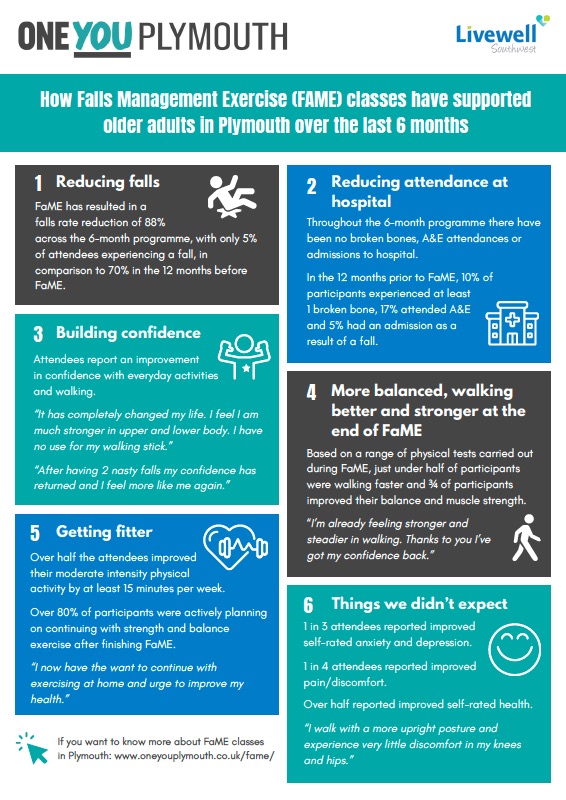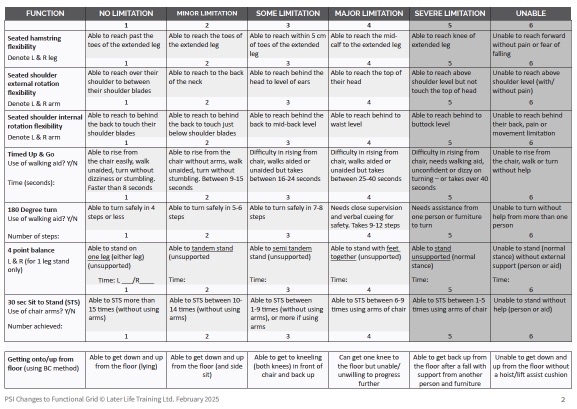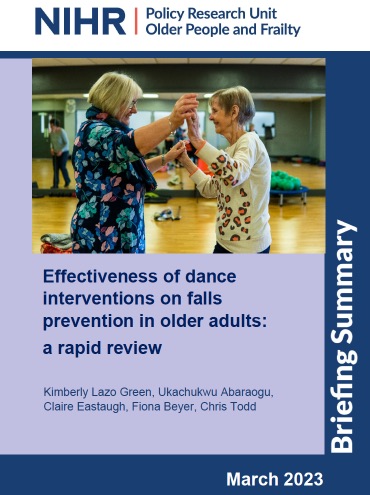Aberystwyth University and Betsi Cadwaladr University Health Board in 2012 published an evaluation of the “Functional and Psychological Changes During a Community Based 32 Week Postural Stability Training Programme: Recommendations for Future Practice” report.
The Main Fi�ndings of the report were:
The data strongly support the programme’s impact on patients’ functional ability, with clear improvements in tests linked to daily activities and the maintenance of independence, con�firmed by patient accounts.
Signi�cant improvements in functional tests continued throughout the 32 week period.
Psychological variables improved more in the early stages of the programme than in latter stages.
All variables, including quality of life, demonstrated percentage changes in the desired direction.
Qualitative data highlighted durable positive changes in attitudes towards exercise and physical activities more generally, improved esteem and confi�dence, and an enhanced sense of perceived social provision and support/involvement due to the class.
The Main Recommendations were:
The 32 week programme evidences improvements in participants’ functional ability and psychological predictors of health and future falls. Programme participants were frail and some had previously fallen, it is reasonable to suggest that expanding provision of PSI courses to those pre-risk of falls may result in greater preventative impact and associated healthcare savings.
�Objective functional changes and added value to patient quality of life in latter stages of the programme justify the duration as opposed to shorter programmes, as is currently best practice.
�The integration of programme provision with leisure services was notably successful, particularly in terms of high attendance and uptake of follow-on programmes. It is recommended that this approach is expanded to maximise participation in preventative programmes as opposed to responsive or unscheduled care.
�Future patient assessment and monitoring of programme e�cacy can be more effi�cient through reducing the number of functional tests employed; objective tests that allow greater variability in performance and have ecological validity are preferable (e.g., `timed up and go’ versus `4-step turn test’).
Great news and we hope more services make use of this report to make their case!
Dawn Skelton
See About Us, Staff for further information






